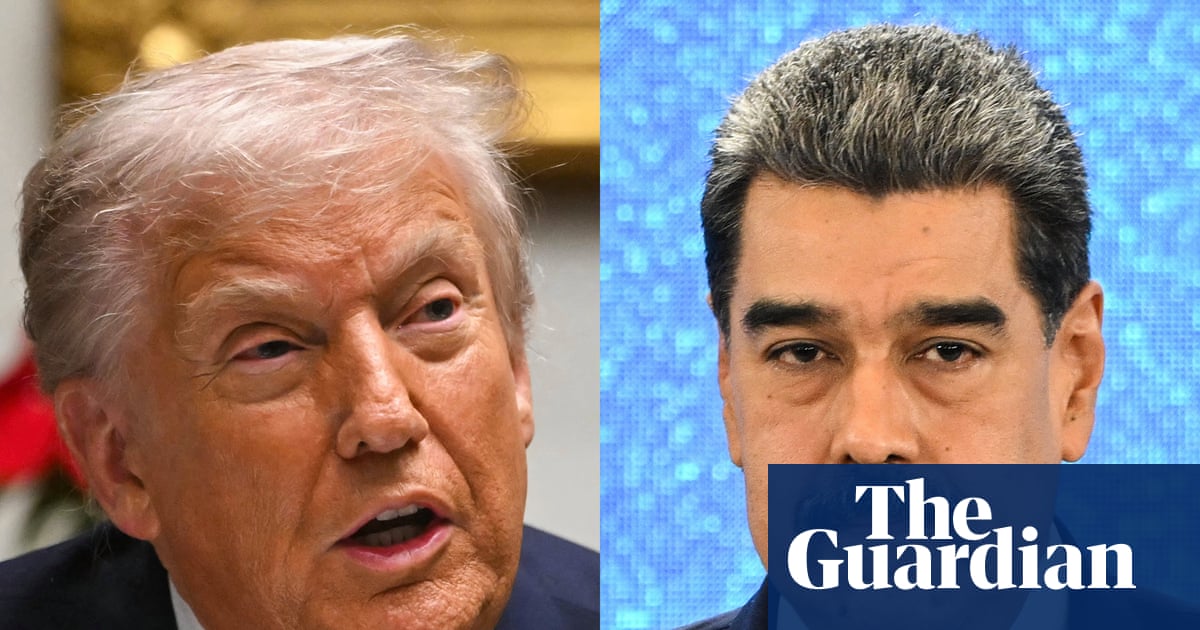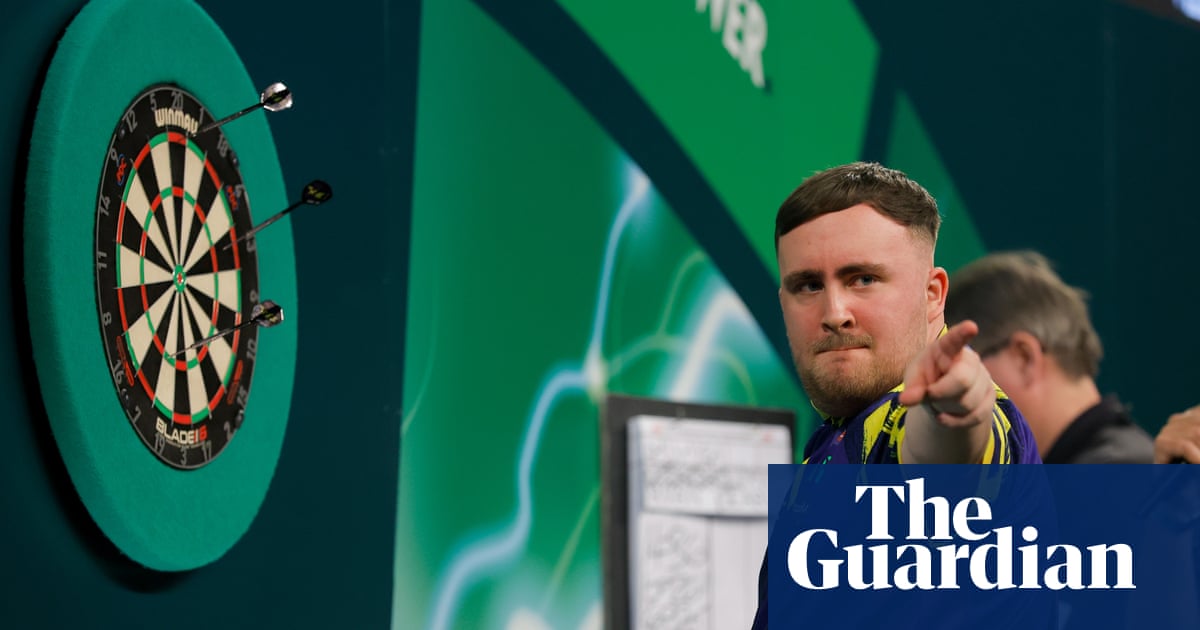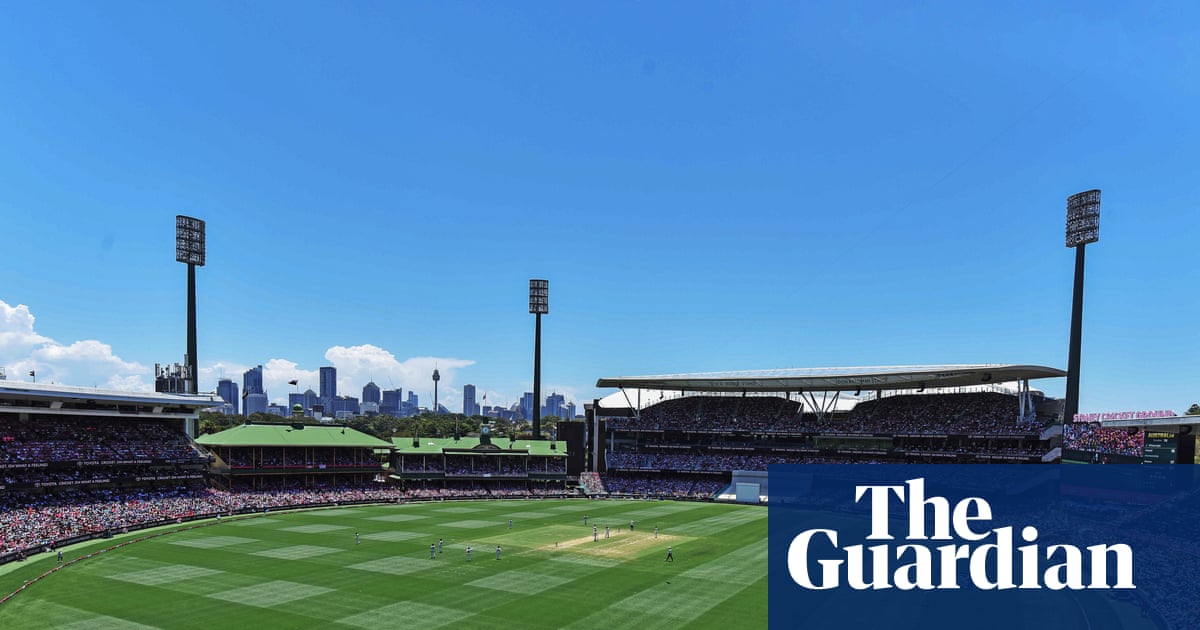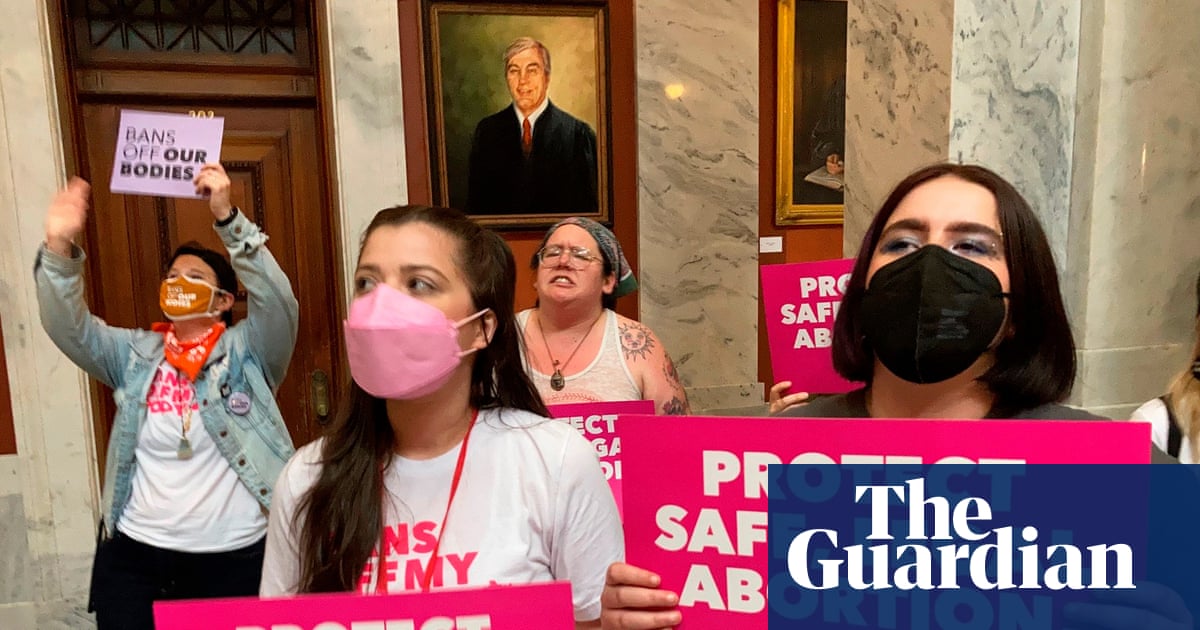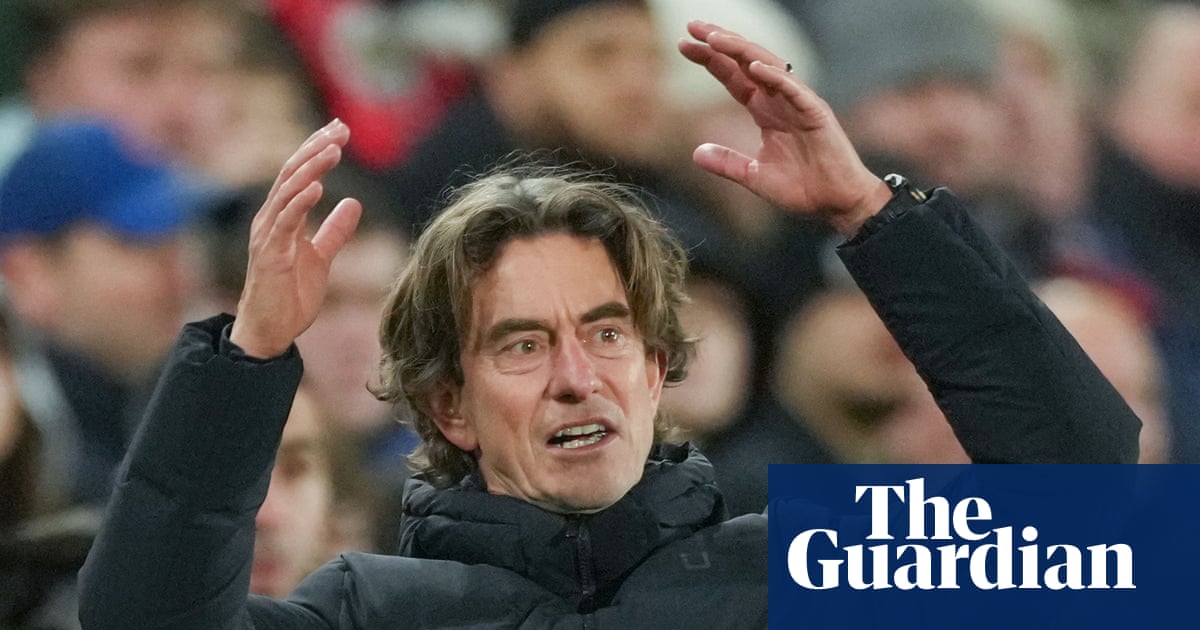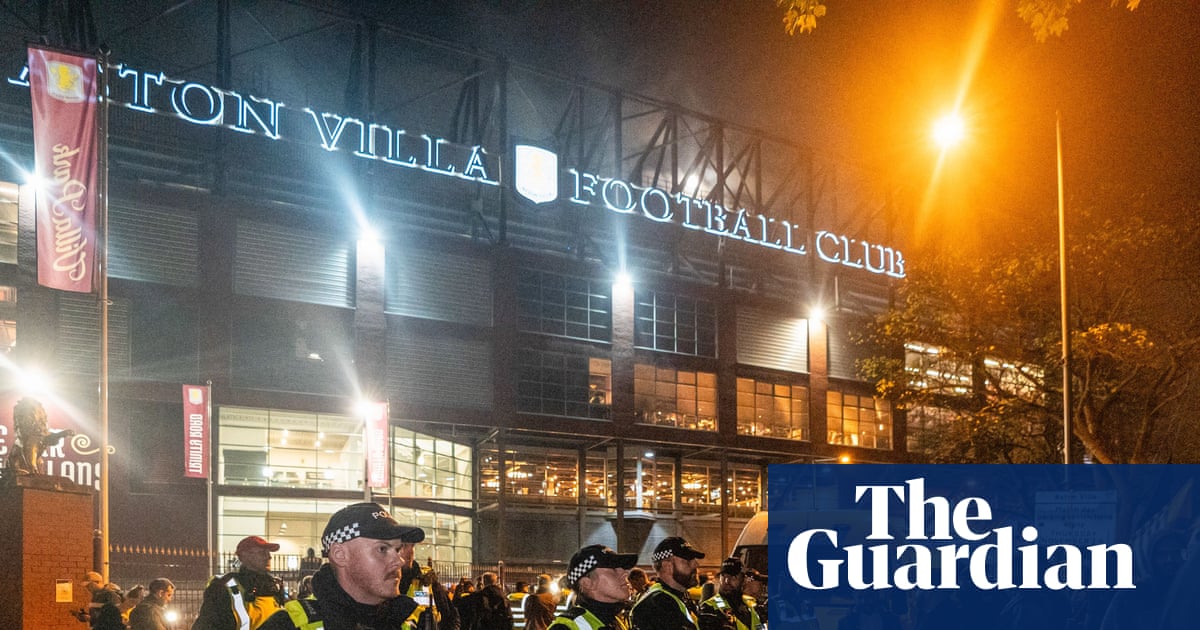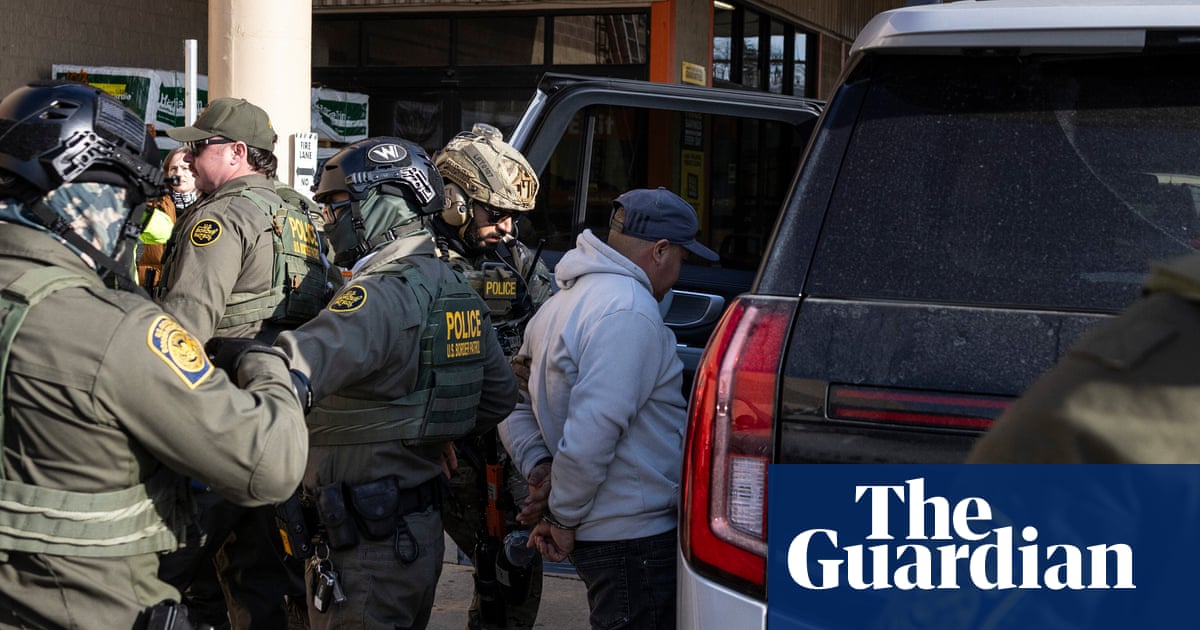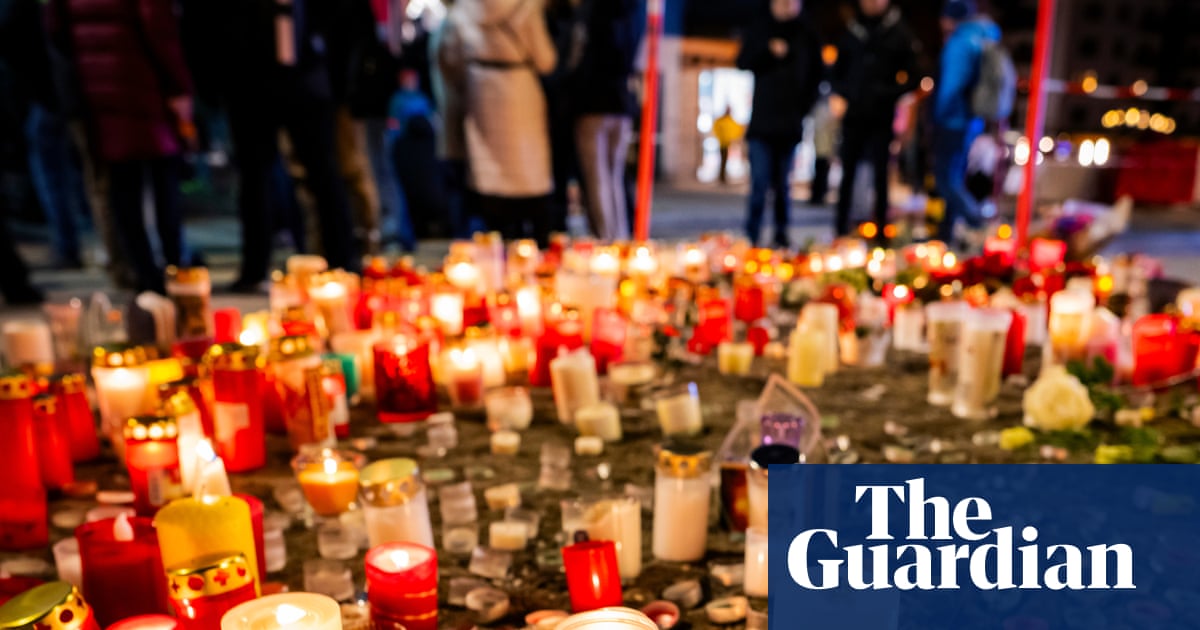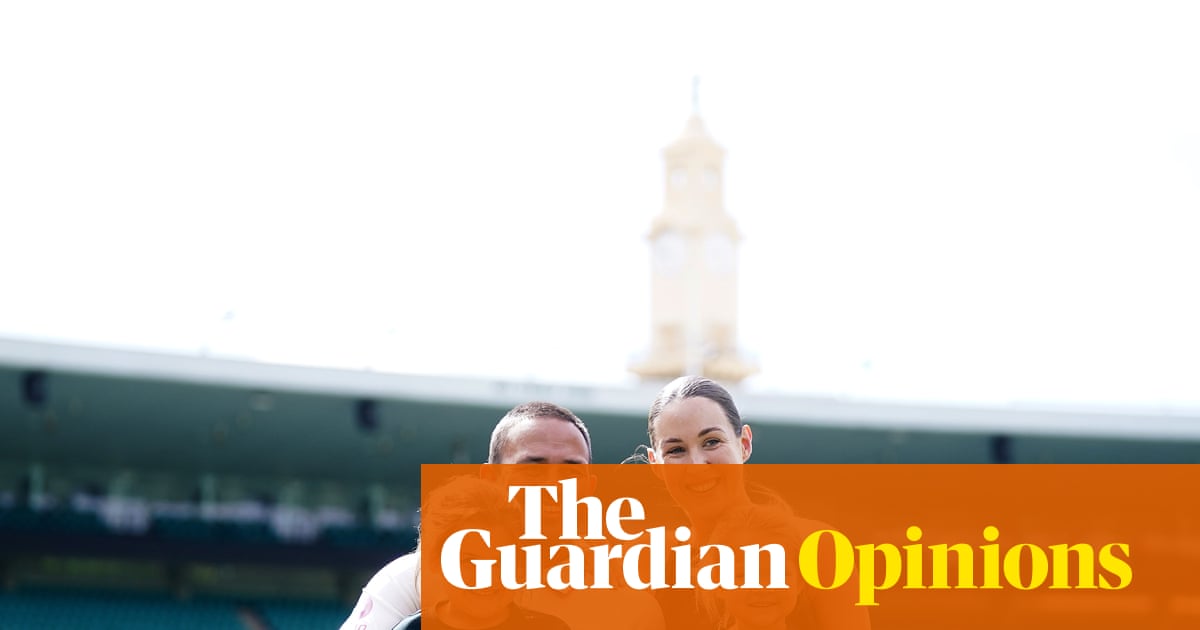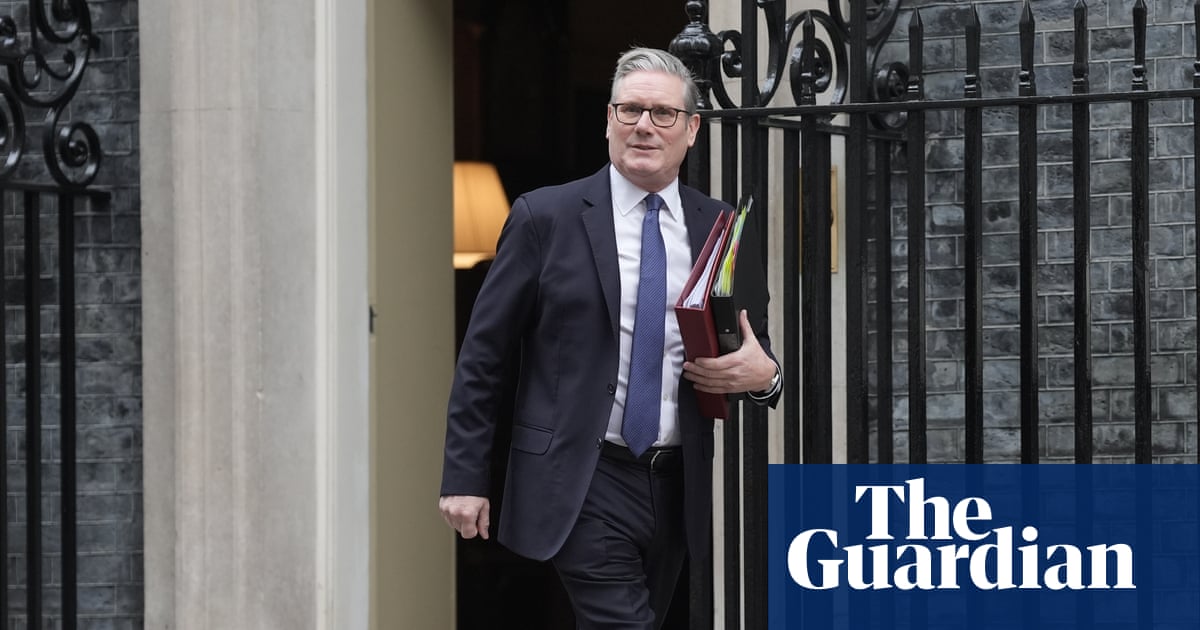The EU has called for closer ties with India while admitting there was no “mutual understanding” with Narendra Modi’s government over Russia’s war on Ukraine.
The EU’s top diplomat, Kaja Kallas, and lead negotiator on trade, Maroš Šefčovič, outlined an EU-India strategy on Wednesday as part of Europe’s drive to build and strengthen alliances in a world shaken by Donald Trump’s challenges to the postwar order.
But they did not attempt to hide differences with New Delhi, after Indian forces took part this week in Russia’s Zapad (western) military exercises in Belarus that simulated a war with Nato countries.
Kallas, who is from Estonia, one of the EU’s frontline states which is seen as vulnerable to a Russian attack, said: “This is a great concern for our countries. I mean if you want closer ties with us then why participate in exercises that are an existential threat to us?”
She said there were “clear areas of disagreement” that were obstacles to deeper cooperation, but Europe did not want to push India into “Russia’s corner”.
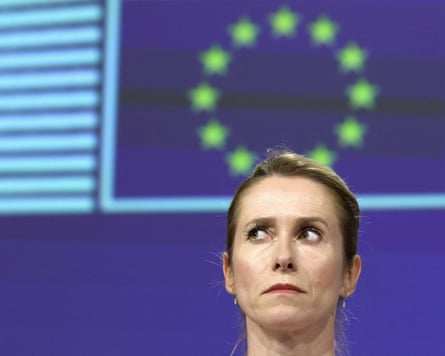
Kaja Kallas, the European Commission’s high representative for foreign affairs. Photograph: Yves Herman/Reuters
Commenting on India’s purchases of Russian oil and military exercise participation, Kallas added: “We will definitely always raise these questions and currently we don’t have a mutual understanding here.”
The European Commission also objects to India’s purchases of discounted Russian oil, which helps Vladimir Putin fund his war on Ukraine.
Meanwhile the EU is grappling with demands from Trump to impose up to 100% tariffs on India and China, another buyer of Russian oil, to pressure Russia to end the war.
The EU has said it intends to tighten secondary sanctions on non-European actors that are helping Russia evade western restrictions when it publishes its next set of sanctions proposals.
But privately, officials have balked at 100% tariffs, at a time when Brussels is also trying to sign a trade agreement with India by the end of the year.
Šefčovič did not respond directly to questions about whether the EU would agree to US demands for 100% tariffs, but said the bloc already had strong measures aimed at stopping circumvention of sanctions.
He added: “We are of course coordinating very closely with the United States, but also with other G7 partners because we believe if the G7 acts in the same manner, of course, the impact, then it is much stronger.”
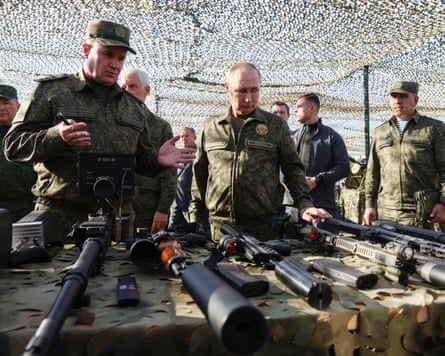
Asked about the link between the trade talks and India’s relations with Russia, Kallas said: “Negotiations are negotiations and until we agree about everything then nothing is agreed.” She added that the EU had to take into account its interests, concerns and “problematic issues”.
The strategy paper was published shortly before the Kremlin announced Putin had had a phone call with Modi, where they discussed plans for the Russian president’s visit to India in December.
Šefčovič, who is in charge of trade talks, said trade between the EU and India had grown by 90% over the last decade, making the bloc India’s largest trading partner, ahead of the US and China, as well as one of India’s top investors – “and yet I am absolutely convinced that we have only scratched the surface”.
after newsletter promotion
But he was also downbeat about the latest round of trade talks, saying he had hoped to see more progress in meetings last week.
“What we need is a commercially meaningful, fair agreement and I need the understanding of my Indian counterparts, [that] it must be fair and balanced,” he said, pointing out that any agreement would have to be approved by EU member states and the European parliament.
The commission is racing to strike trade deals around the world since Trump hit many European goods with tariffs and pressured the EU into an unequal trade agreement.
But in a sign of Europe’s difficulties in finalising trade deals, the approval of a recent agreement with four South American countries in the Mercosur bloc remains in doubt, amid opposition from France and Poland.
Meanwhile the Polish energy minister, Miłosz Motyka, has called on the EU to end Russian oil imports by the end of 2026 “to cease financing Russia’s war machine” and help end the war in Ukraine.
In a letter seen by the Guardian, Motyka argued that “the current international circumstances, combined with the need to strengthen the resilience of European economies, require a common response”.
He said that a commitment to the 2026 deadline would “establish a clear timeline, and demonstrate our resolve to achieve independence from oil supplies burdened with political and strategic risks”.
Poland also called for “coordinated … compensatory mechanisms” to help with “a fair and orderly transition” for countries most affected, which would also include measures on “safeguarding access to alternative oil sources in the event of disruptions”.
The EU has previously pledged to phase out Russian fossil fuels by 2028.

 3 months ago
74
3 months ago
74
